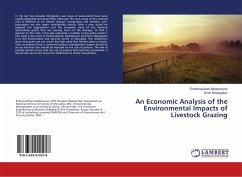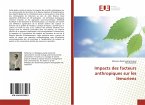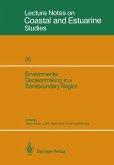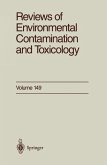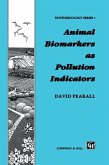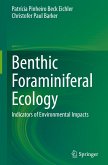Detecting Ecological Impacts: Concepts and Applications in Coastal Habitats focuses on crucial aspects of detecting local and regional impacts that result from human activities. Detection and characterization of ecological impacts require scientific approaches that can reliably separate the effects of a specific anthropogenic activity from those of other processes. This fundamental goal is both technically and operationally challenging. Detecting Ecological Impacts is devoted to the conceptual and technical underpinnings that allow for reliable estimates of ecological effects caused by human activities. An international team of scientists focuses on the development and application of scientific tools appropriate for estimating the magnitude and spatial extent of ecological impacts. The contributors also evaluate our current ability to forecast impacts. Some of the scientific, legal, and administrative constraints that impede these critical tasks also are highlighted. Coastal marine habitats are emphasized, but the lessons and insights have general application to all ecological systems.
"A notable addition to the growing academic interest in how we can design ecological studies to assess the impacts of human activities." --TREE
"This excellent book provides an intelligent and comprehensive overview of the state of the art and science of ecological impact assessment as it is currently practiced and, more importantly, how it should be practiced if the goal of the exercise actually is environmental protection. In short, Detecting Ecological Impacts should be read by everyone concerned with the environment and will be of particular use to all who might be called upon to engage in either the development or the evaluation of environmental or ecological impact statements and assessments." --TRANSACTIONS OF AMERICAN FISHERIES SOCIETY
"This excellent book provides an intelligent and comprehensive overview of the state of the art and science of ecological impact assessment as it is currently practiced and, more importantly, how it should be practiced if the goal of the exercise actually is environmental protection. In short, Detecting Ecological Impacts should be read by everyone concerned with the environment and will be of particular use to all who might be called upon to engage in either the development or the evaluation of environmental or ecological impact statements and assessments." --TRANSACTIONS OF AMERICAN FISHERIES SOCIETY

